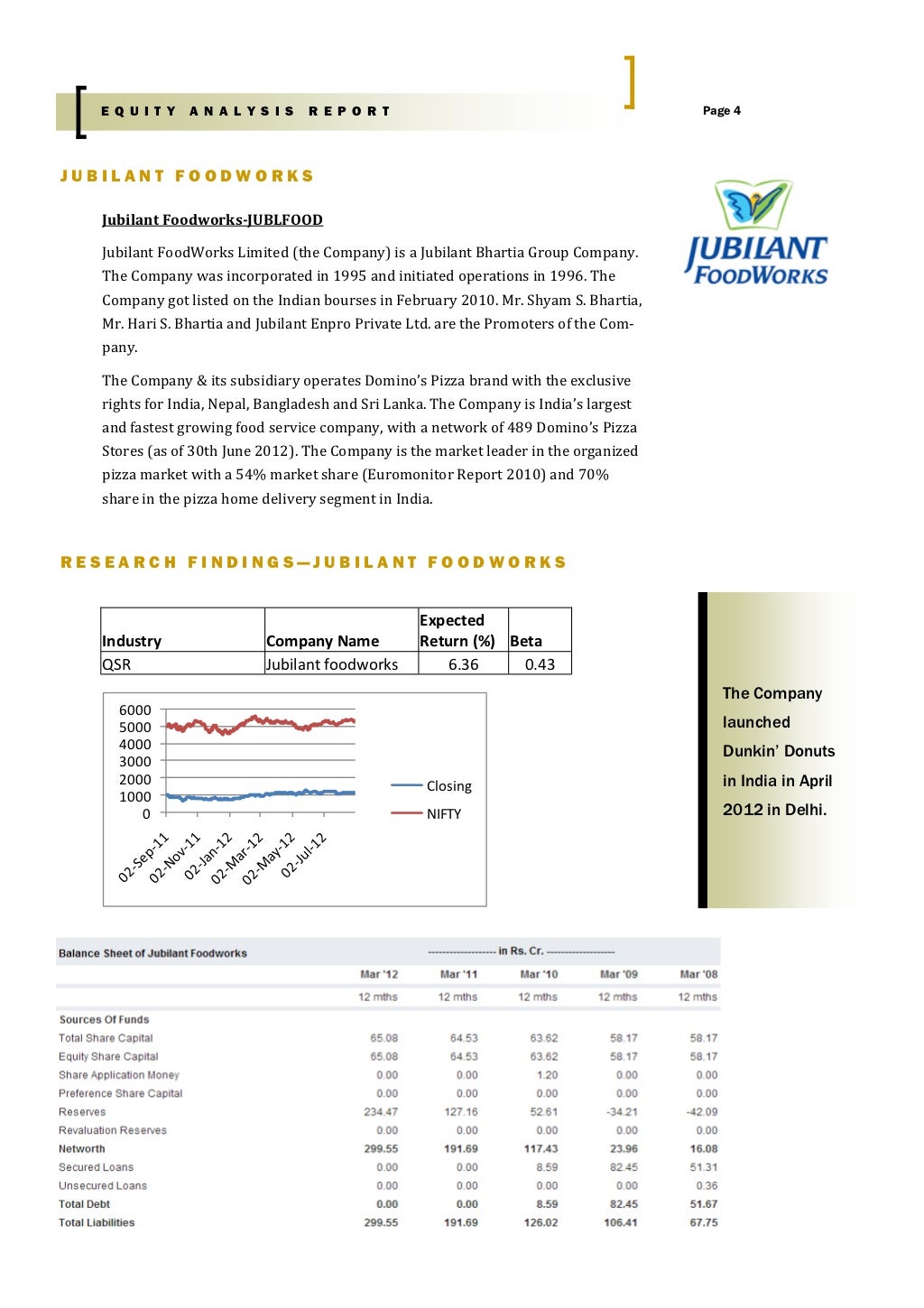A Value of Expert Share Assessment in Today's Market

Within the current dynamic financial environment, forming informed capital decisions is more important than at any other time. Due to the abundance of information available, it can be challenging for retail investors to navigate the complexities of the equity environment. This is the point at which the expertise of equity analysis specialists becomes invaluable. These types of specialists deliver a deep understanding of market trends, corporate performance, and valuation techniques that can aid investors arrive at educated choices.
Through leveraging the expertise and knowledge of equity analysis experts, investors can unlock significant gains. They can identify potential expansion avenues, lower potential pitfalls, and formulate strategies that match with their monetary aspirations. In a financial environment characterized by turbulence and rapid shifts, having entry to specialist investment evaluation can be the distinction between obtaining positive outcomes and facing poor returns. Adopting the guidance of these experts empowers investors to navigate ambiguity with self-assurance.
Comprehending Equity Analysis
Equity evaluation is a crucial process that requires analyzing a business's shares to identify its value and potential for subsequent expansion. Evaluators scrutinize different aspects of a company, including financial reports, industry trends, and macroeconomic indicators. This holistic assessment helps investors make educated choices about buying, holding, or selling stocks. Understanding the details of equity evaluation allows individuals to navigate the equity market with increased confidence.
In the modern swift and often unpredictable environment, having a solid understanding of stock evaluation is crucial. It can offer critical insights into a company’s operations and its possibilities for expansion, considering variables such as market dynamics and competitive positioning. By utilizing these understandings, stockholders can position themselves in a strategic manner to capitalize on market opportunities and reduce potential threats.
Additionally, equity analysis is not merely a single evaluation; it is an ongoing process. Industry dynamics change often, necessitating regular oversight and review of equity holdings. equity research report with specialists in stock evaluation helps guarantee that investors stay updated on relevant developments and keep a well-informed investment portfolio. By understanding equity evaluation, investors can more effectively steer through the complexities of the market and improve their portfolio strategies.
Essential Measures for Evaluation
When evaluating equities, various critical metrics can deliver important perspectives into a company's financial health and opportunities for growth. One of the widely applied metrics is the price-to-earnings ratio. This ratio contrasts a company's current share price to its earnings per share, allowing stakeholders to gauge whether or not a stock is overvalued, undervalued, or fairly priced relative to its earnings. A significant P/E ratio might suggest that the market has high expectations for upcoming growth, while a low P/E ratio may indicate that the stock is undervalued or that the company is facing challenges.
Another crucial metric is the return on equity. This measure indicates how effectively a business is using investors' equity to generate profits, calculated by dividing net income by investor equity. A elevated ROE signifies that the business is effective in generating returns on investment, which is appealing to equity analysts and shareholders alike. Understanding ROE helps shareholders assess if the business is effectively deploying its resources to drive growth and profitability.
Finally, analysts frequently evaluate the financial leverage ratio to understand a business's financial leverage and risk profile. This ratio compares a firm's total liabilities to its shareholder equity, providing perspective into how much debt is being used to finance the business. A lower debt-to-equity ratio generally suggests a more financially stable firm, while a increased ratio may indicate increased risk. By assessing these essential metrics, financial experts can help stakeholders make informed decisions based on a thorough understanding of a company's valuation and financial health.
The Impact of Market Trends
Trends in the market play a pivotal role in molding investment strategies and can substantially affect the outcomes of stock analysis. Comprehending these trends allows analysts to spot prospects and threats that might not be readily apparent. For instance, a rising trend in tech adoption can lead to a surge in stock prices for companies within that sector. Equity analysts can leverage this knowledge to recommend investments that align with current market dynamics, helping investors capitalize on growth potential.
Furthermore, the impact of macroeconomic indicators such as interest rates, price increases, and job statistics cannot be underestimated. These factors often determine the overall market sentiment and can lead to swift changes in stock market performance. Professionals in stock analysis use these indicators to modify their forecasts and portfolio recommendations, guaranteeing that their clients are adequately prepared to navigate changes in the market. This insightful guidance is invaluable for making informed investment decisions.
Finally, market sentiment, shaped by investor psychology and external news, also affects stock valuations. Equity analysts are adept at assessing these emotional responses and how they connect with up-to-date data. By recognizing how external events, such as global conflicts or shifts in economic policy, can sway investor behavior, these specialists can provide strategic guidance that helps clients avoid bottlenecks and seize timely gains in the stock market.

